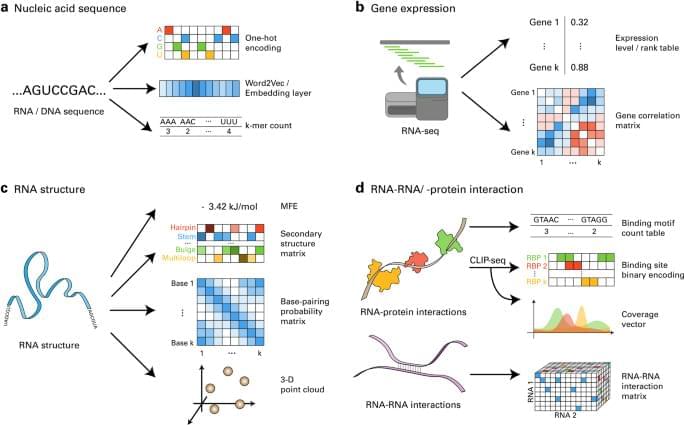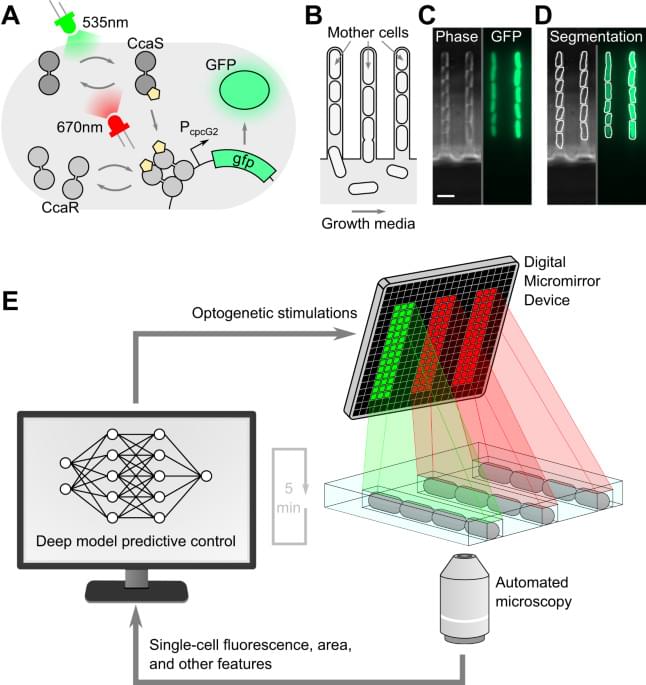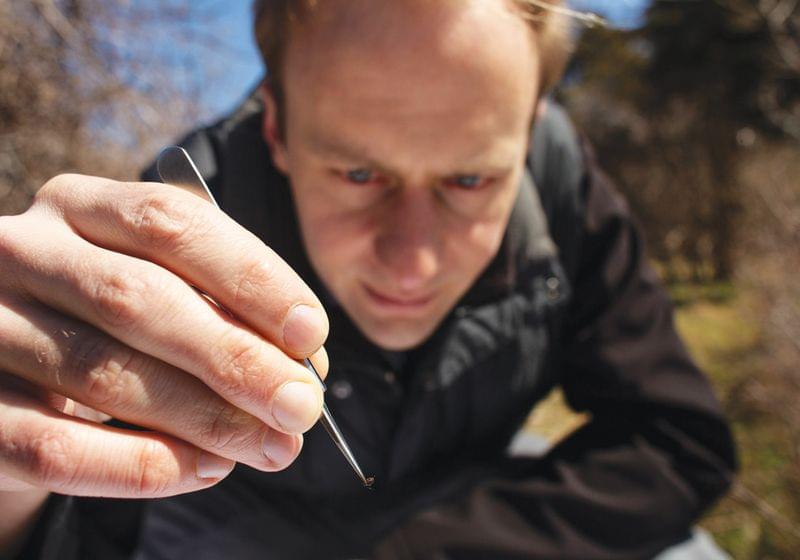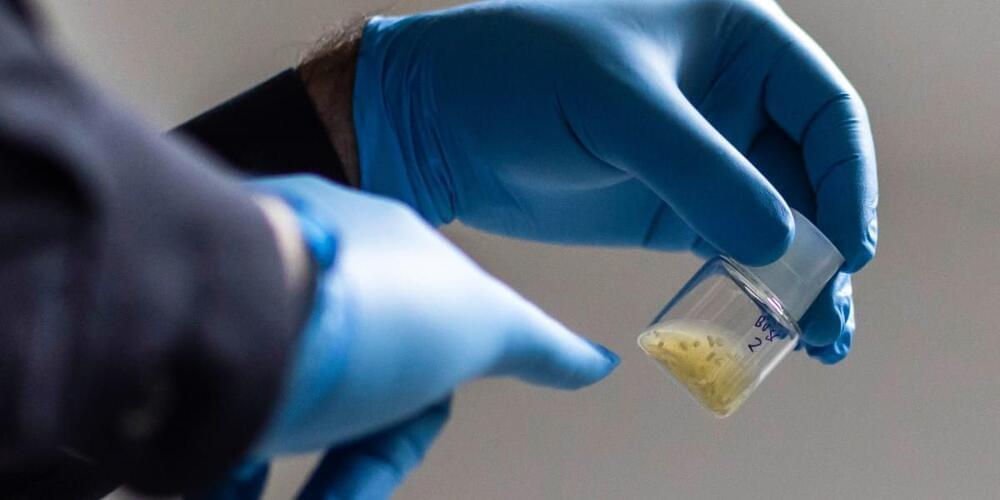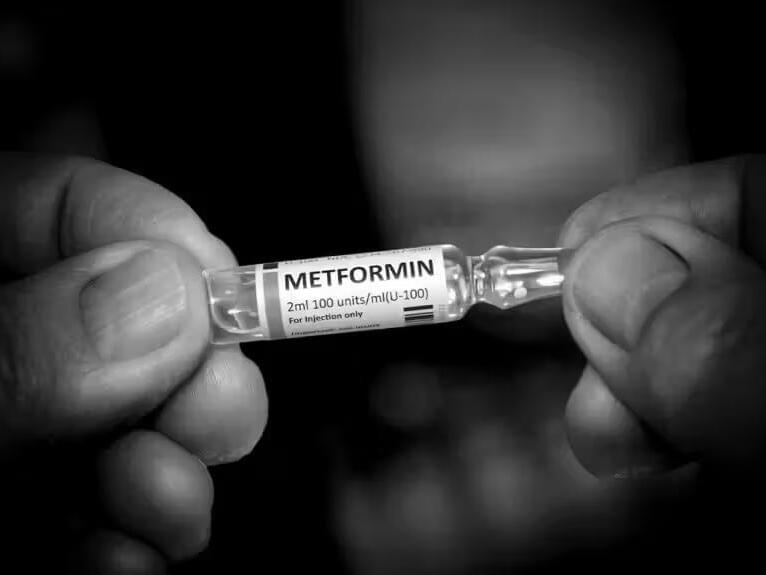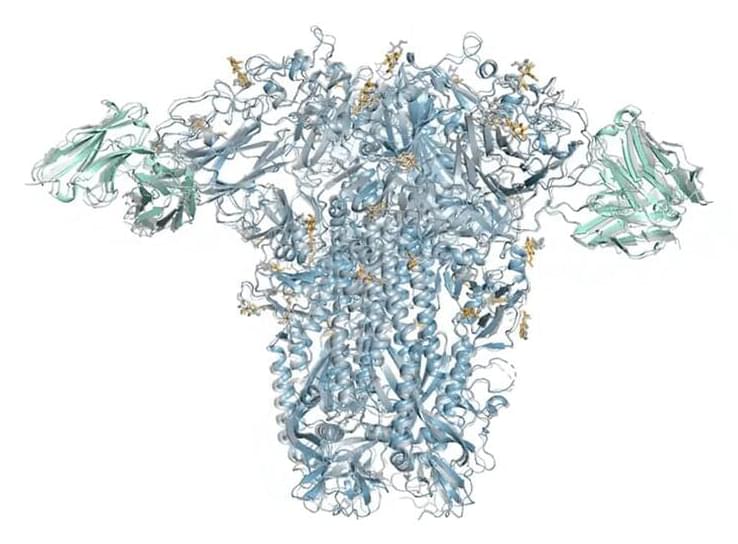This review spotlights the revolutionary role of deep learning (DL) in expanding the understanding of RNA is a fundamental biomolecule that shapes and regulates diverse phenotypes including human diseases. Understanding the principles governing the functions of RNA is a key objective of current biology. Recently, big data produced via high-throughput experiments have been utilized to develop DL models aimed at analyzing and predicting RNA-related biological processes. This review emphasizes the role of public databases in providing these big data for training DL models. The authors introduce core DL concepts necessary for training models from the biological data. By extensively examining DL studies in various fields of RNA biology, the authors suggest how to better leverage DL for revealing novel biological knowledge and demonstrate the potential of DL in deciphering the complex biology of RNA.
This summary was initially drafted using artificial intelligence, then revised and fact-checked by the author.
